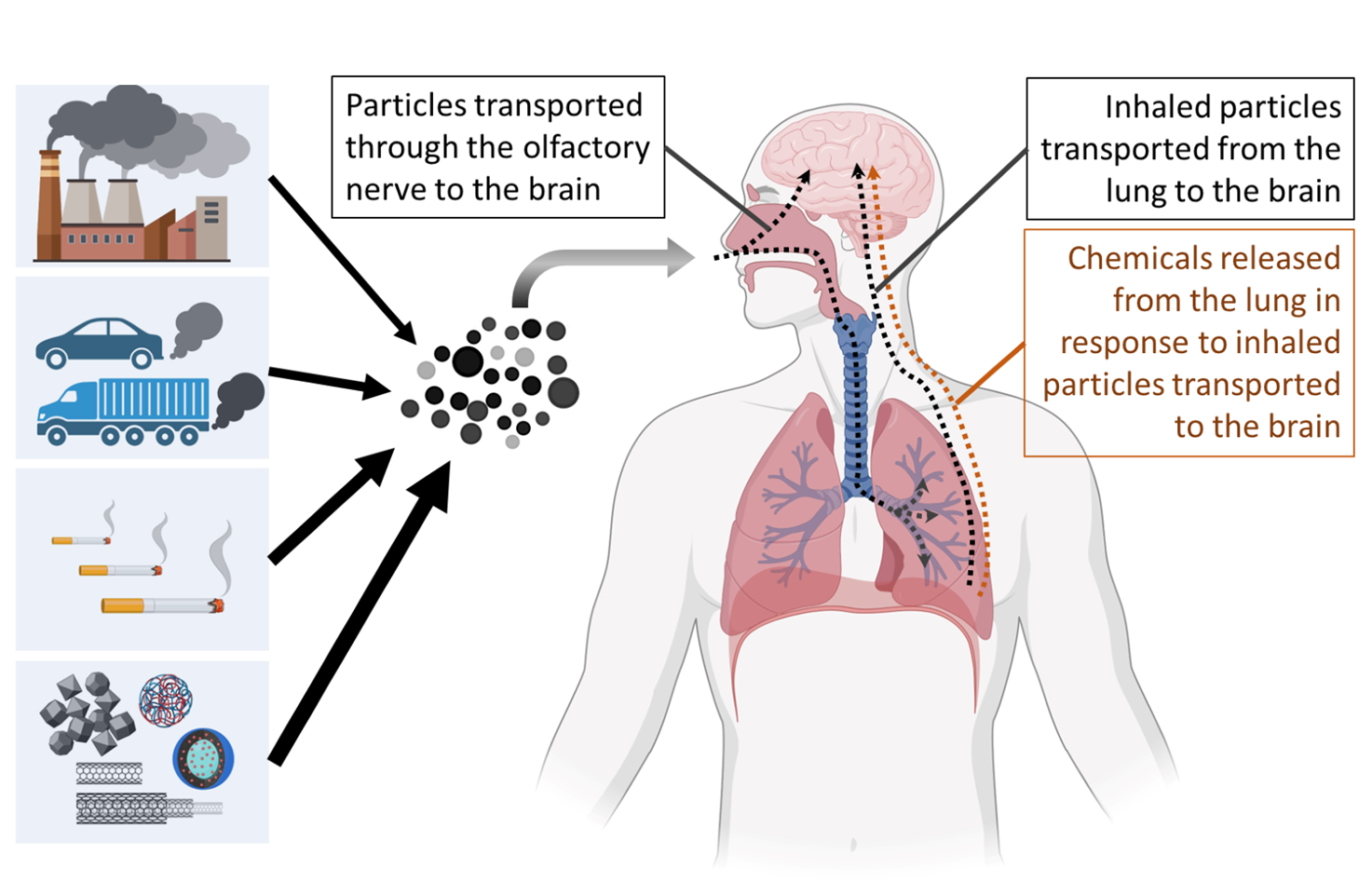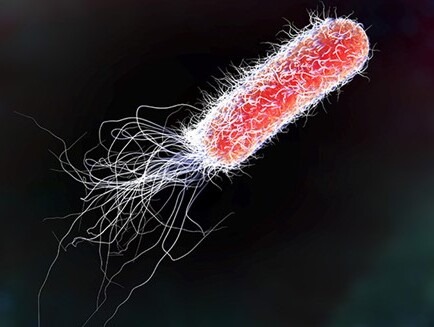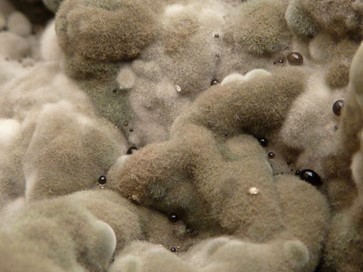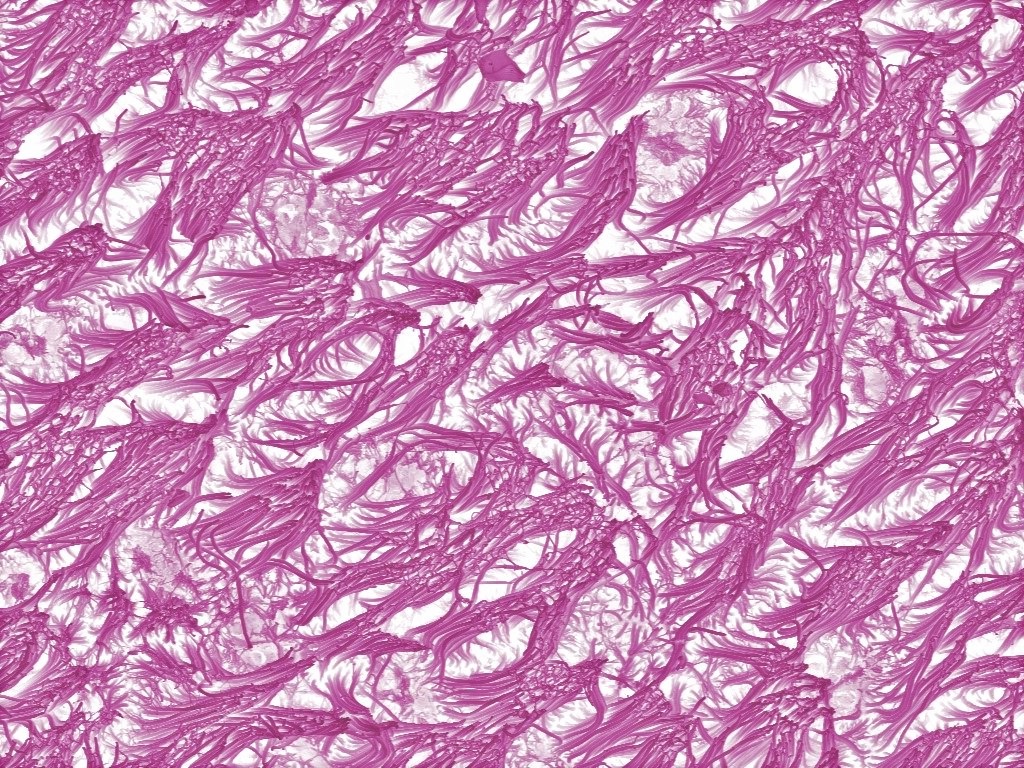Interdisciplinary investigation of particulate matter and the impact on the blood brain barrier (BBB)
Researchers from the UK Health Security Agency exposed blood vessel cells (as a BBB model) to diesel exhaust particles and imaged them using focussed ion beam and scanning electron microscopy combined with confocal microscopy at the Octopus Facility (part of the Central Laser Facility).
Analysis of three-dimensional ultrastructural images revealed interactions between particles and subcellular compartments, with nano-sized particles particularly associated with the plasma membrane. To further investigate the interactions between nano-sized particles and plasma membrane, neutron scattering experiments were performed at ISIS Neutron and Muon to identify the effects on cellular membrane dynamics.
The aim of this study was to gain deeper insights into how inhaled particulate matter interacts with and affects BBB function, with a specific focus on the impact to the plasma membrane.
Further Reading:
Interdisciplinary investigation of particulate matter and the impact on the blood brain barrier (BBB)





